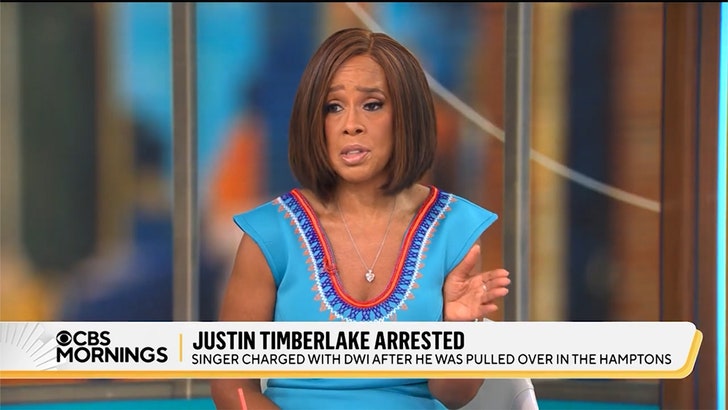One of the children who made the crossing on Thursday was a 10-month-old girl named Sadeel Hamdan.
For months, her family had looked on with growing dread as Sadeel’s condition deteriorated. Her belly swelled like a balloon because of severe liver failure, and she desperately needed a transplant, her father, Tamer Hamdan, said.
On Thursday morning — after weeks of waiting — Mr. Hamdan and Sadeel were finally permitted to leave the enclave. After entering Israel, they were ferried along with other patients to Nitzana, an Israeli border crossing, where they entered Egyptian territory, he said.
“Thank God,” said Mr. Hamdan, who was reached by phone as he sat in a bus on the Egyptian side of the checkpoint. “We’re so happy that we brought out Sadeel safely. Now we just need to complete her treatment.”
Their departure from Gaza, however, was bittersweet. Mr. Hamdan traveled with his daughter so that he could be a partial liver donor, but his wife and three other children were not permitted to join them. He said he feared for their fate in Gaza.
“We’re all heading into the unknown,” he said.
For each patient who left, there were many others left behind. Muna Abu Holi, a college professor from central Gaza, survived an explosion that killed one of her daughters and left two others seriously wounded.
Both of her surviving daughters had received approval to travel through the Rafah crossing on May 7 for medical treatment, according to documents from the Gaza Health Ministry. But the Israeli offensive led to the border’s shutting down.
“We’re grasping for any possible hope,” Ms. Abu Holi said. “Every piece of news we hear, we cling to.”



